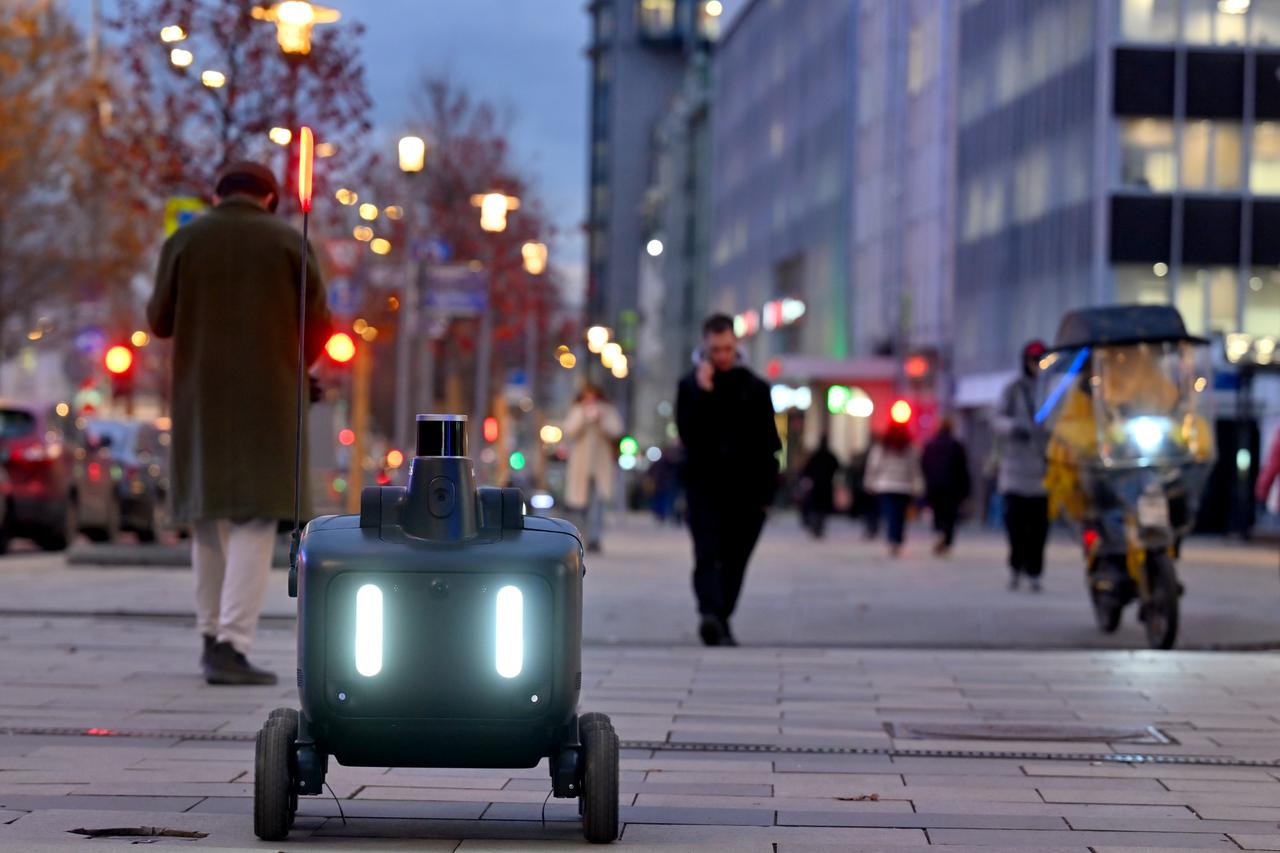
Russia is accelerating efforts to strengthen its artificial intelligence capabilities despite sweeping Western sanctions, focusing on domestic models and robotics as part of what officials describe as a critical drive for “technological sovereignty.”
The country’s major technology firms, led by Sber and Yandex, showcased new AI systems and autonomous technologies at the AI Journey conference in Moscow, reflecting President Vladimir Putin’s call to reduce reliance on foreign systems and counter what he described as Western attempts to monopolize the field.
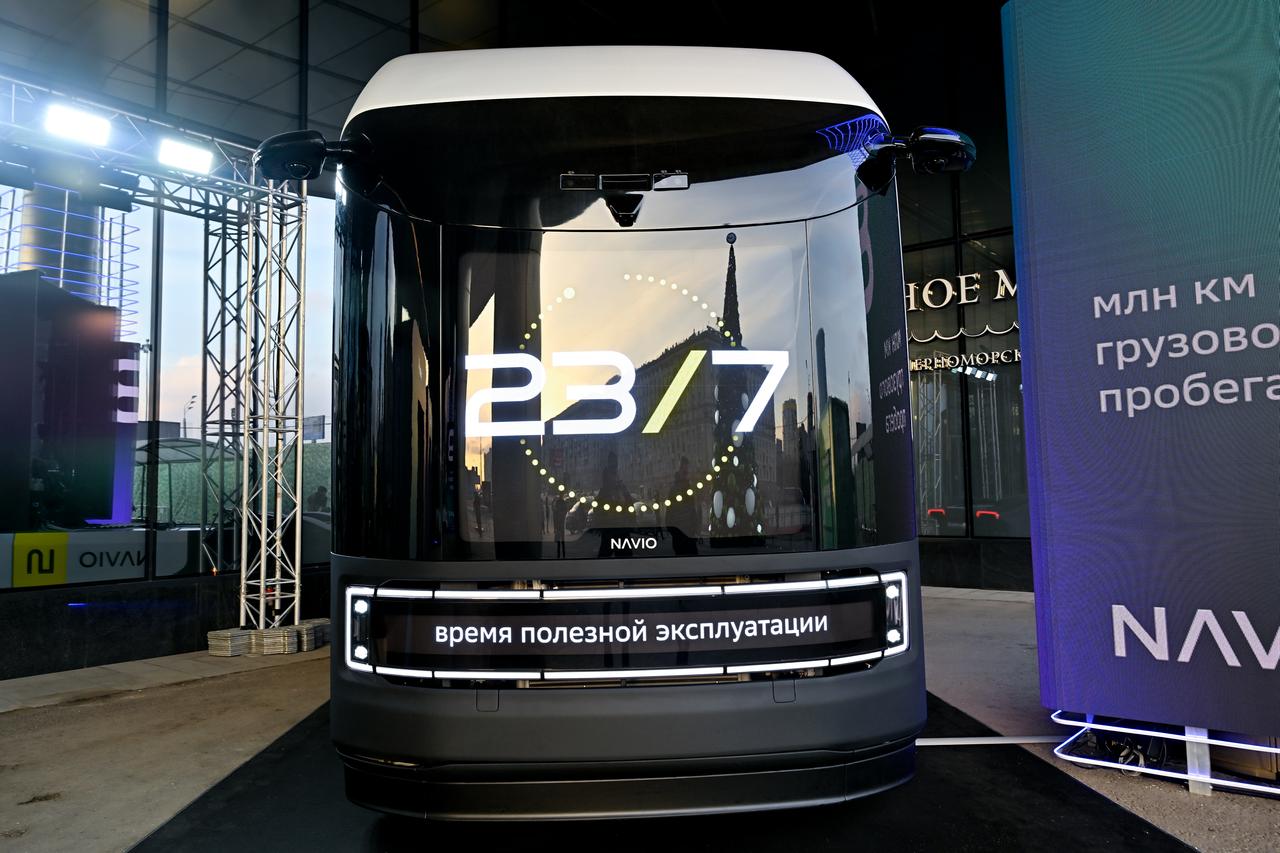
At the forum, Sber introduced “Green,” a humanoid robot designed to demonstrate Russia’s vision for “physical AI.”
Capable of interacting with its surroundings through Sber’s GigaChat model, the robot performed preset actions and responded to voice commands.
Sber also presented the latest version of GigaChat, developed as a domestic alternative to global platforms like ChatGPT.
The updated model is equipped to analyze satellite imagery, process complex audio inputs, and improve Russian-language capabilities. Officials said the model is already being integrated into public services.
The bank additionally introduced an advanced ATM system using GigaChat for routine transactions, quick health checks, and interactive financial assistance.
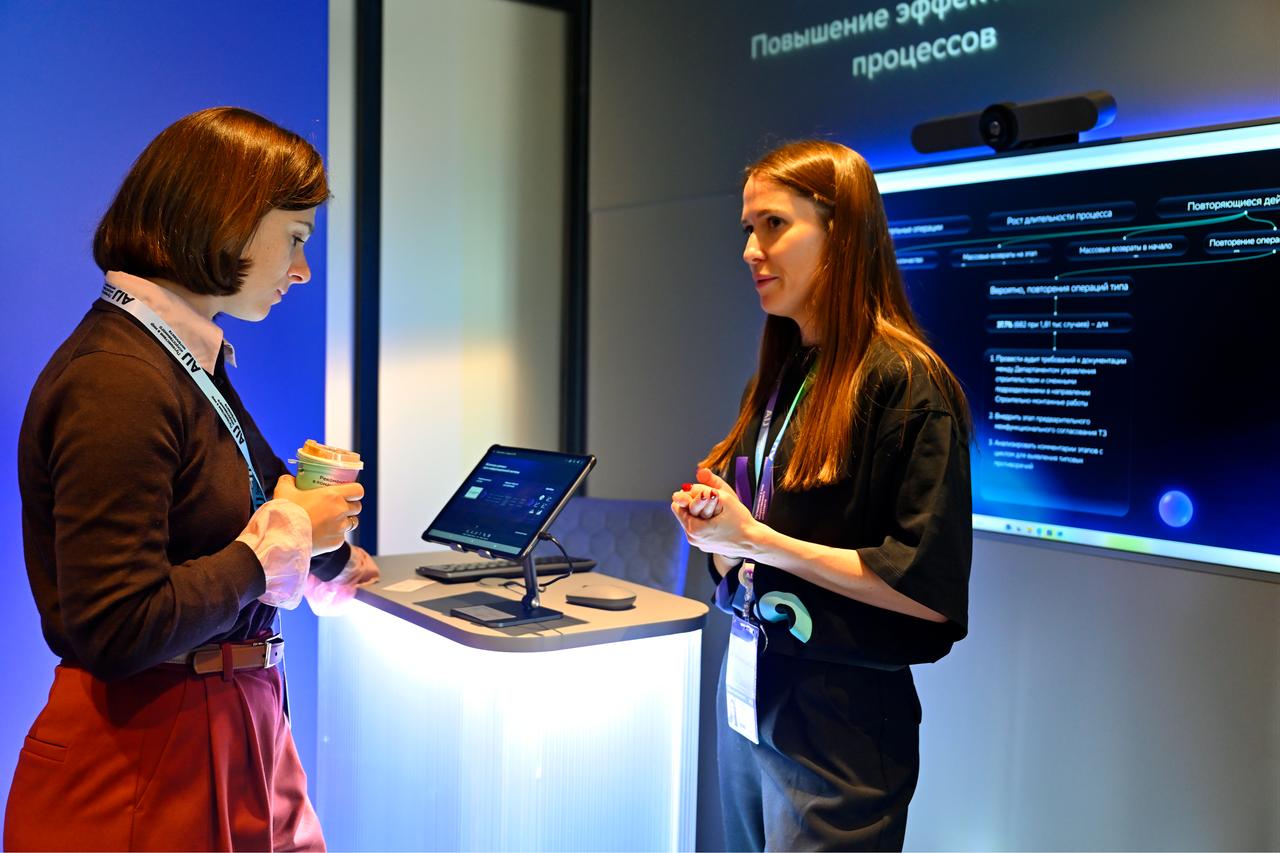
Technology firm Yandex continued expanding its AI-driven delivery robots, known as Yandex Rovers, which operate across Moscow in varying weather conditions.
The company is also developing autonomous driving technology tailored for heavy traffic and harsh winter roads.
Yandex describes these projects as part of a broader shift toward transforming logistics and urban mobility through AI-led infrastructure.
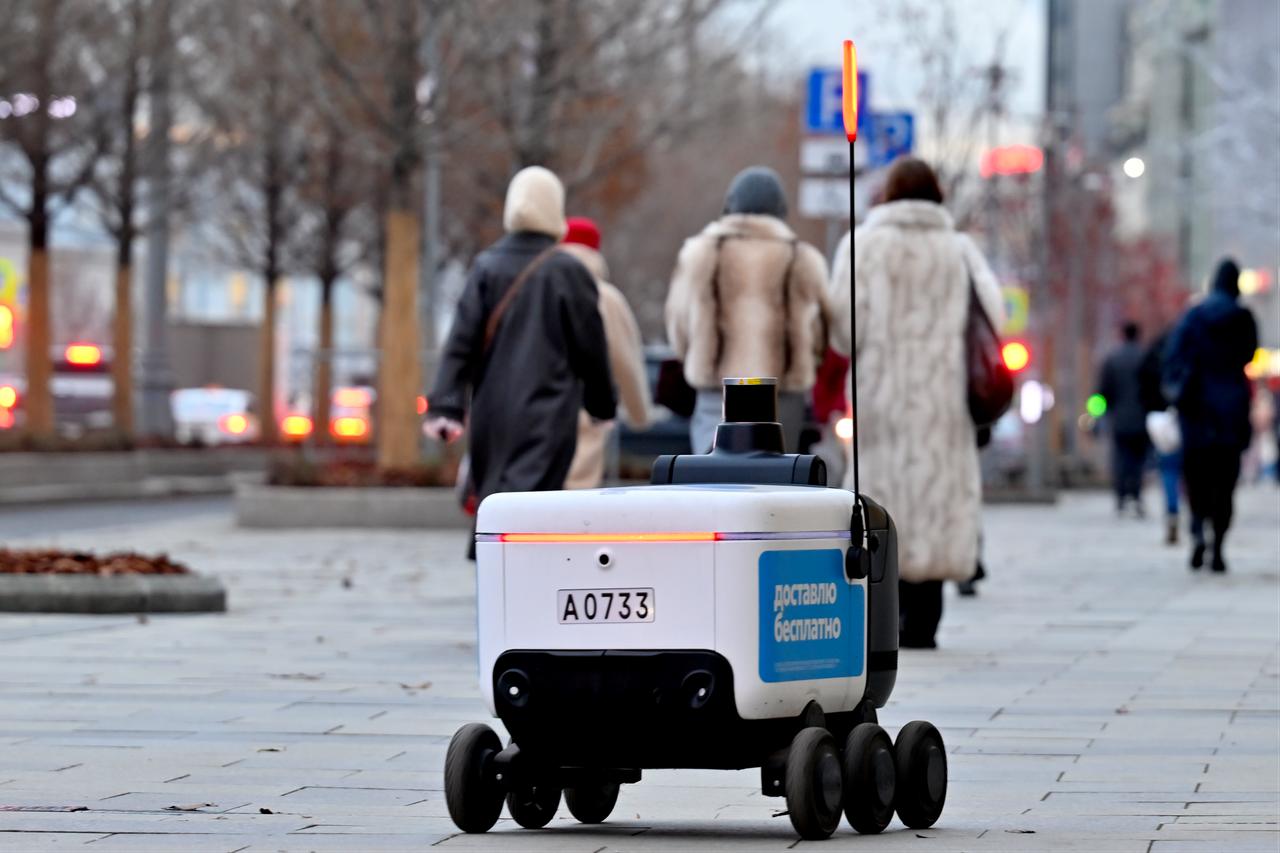
Russia’s defense sector, shaped by the ongoing conflict in Ukraine, is increasing investment in AI-enhanced systems such as autonomous drones, electronic warfare tools, and swarm technologies.
Analysts note that AI-assisted targeting and pilot support systems have become priorities in modernization planning.
Despite advancements in software and algorithms, Russia faces ongoing hardware shortages due to restrictions imposed by the US and EU. Access to high-performance GPUs from companies like Nvidia remains limited.
To mitigate this gap, Russia has increased cooperation with China and turned to parallel import networks.
However, analysts say domestic processor development projects, including the Elbrus and Baikal lines, have not scaled sufficiently to support the country’s broader AI ambitions.
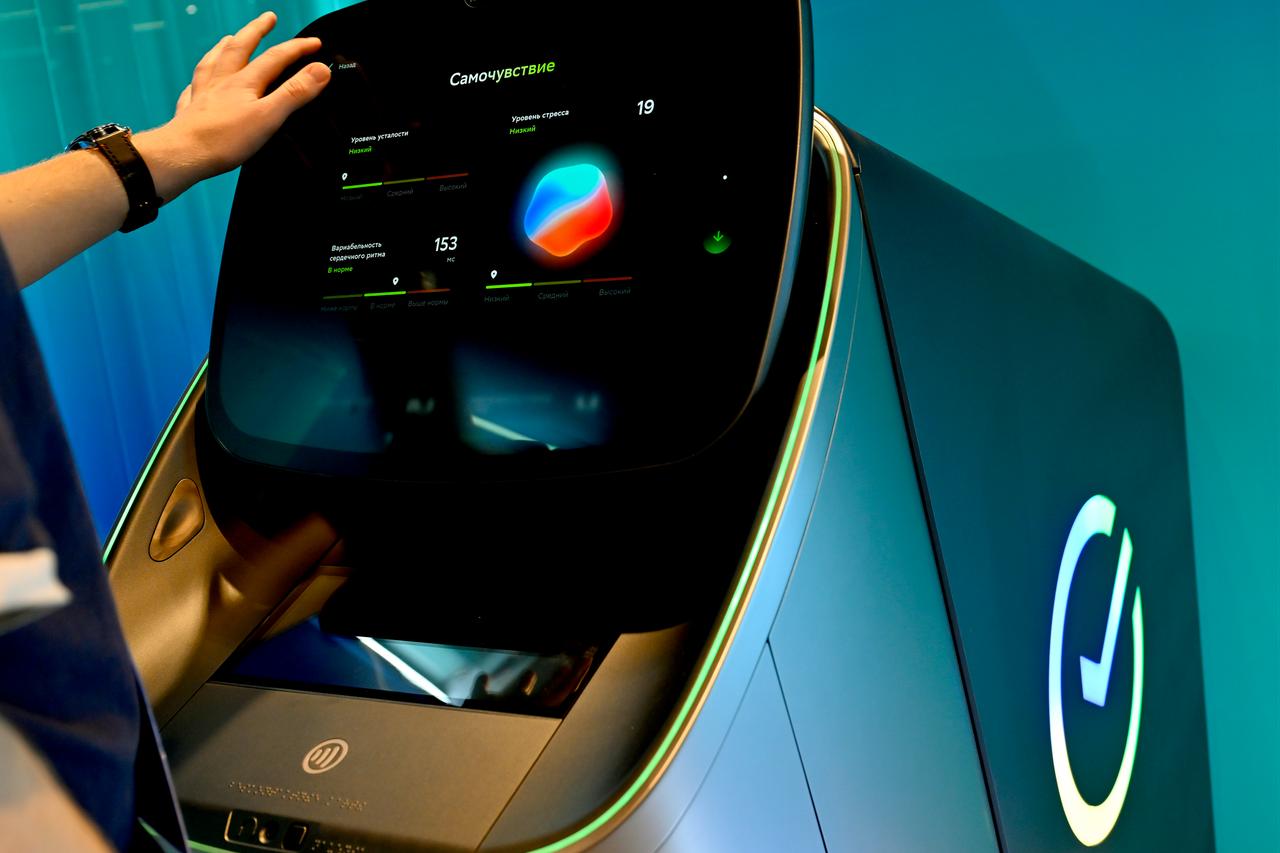
Putin told the conference that AI is now a matter of national security and warned that Western dominance in the field is “unacceptable and dangerous.”
He argued that Russia’s energy resources provide a strategic advantage in powering large-scale AI systems and reiterated that the country must build self-sufficient technological solutions.